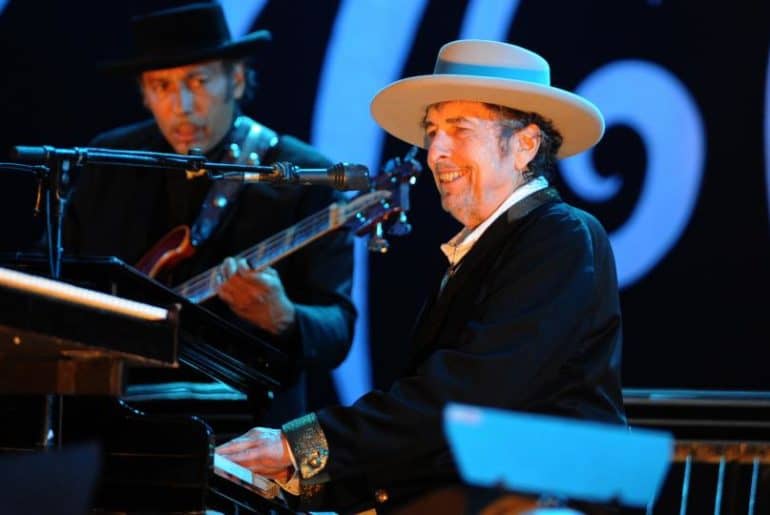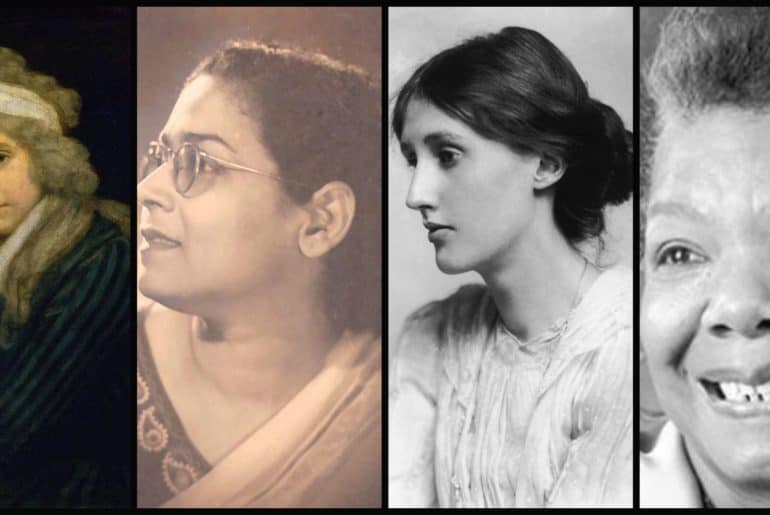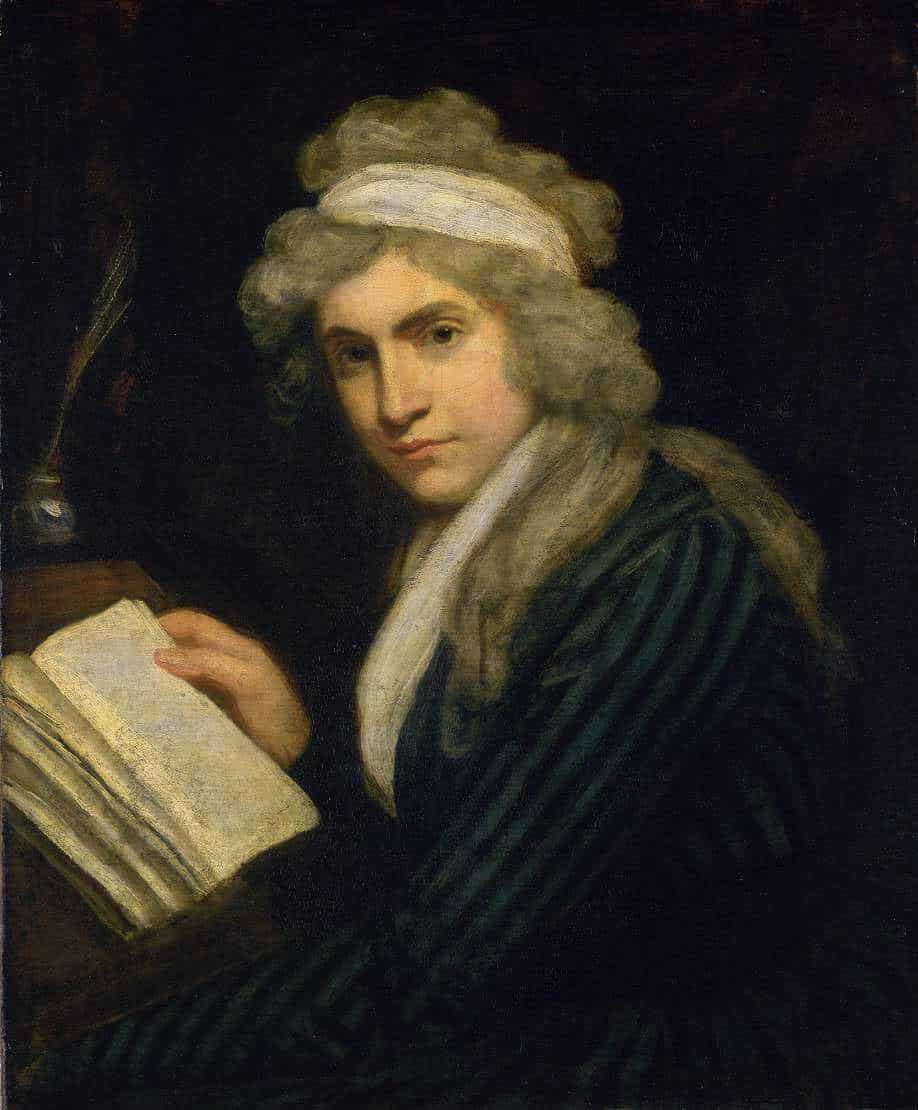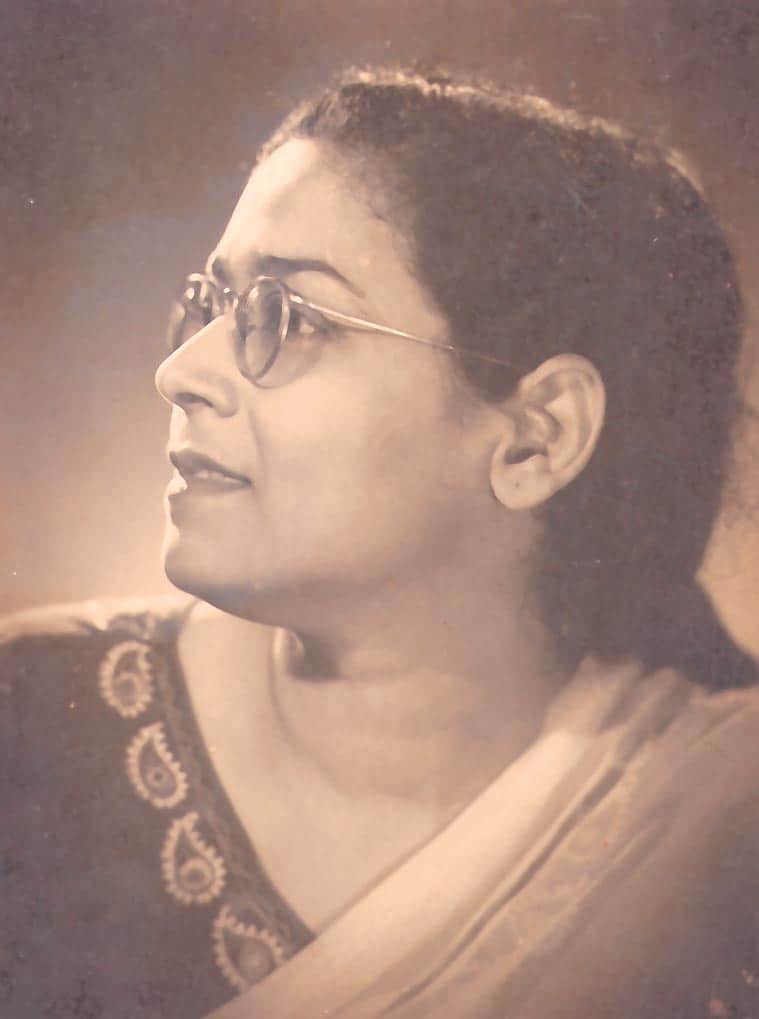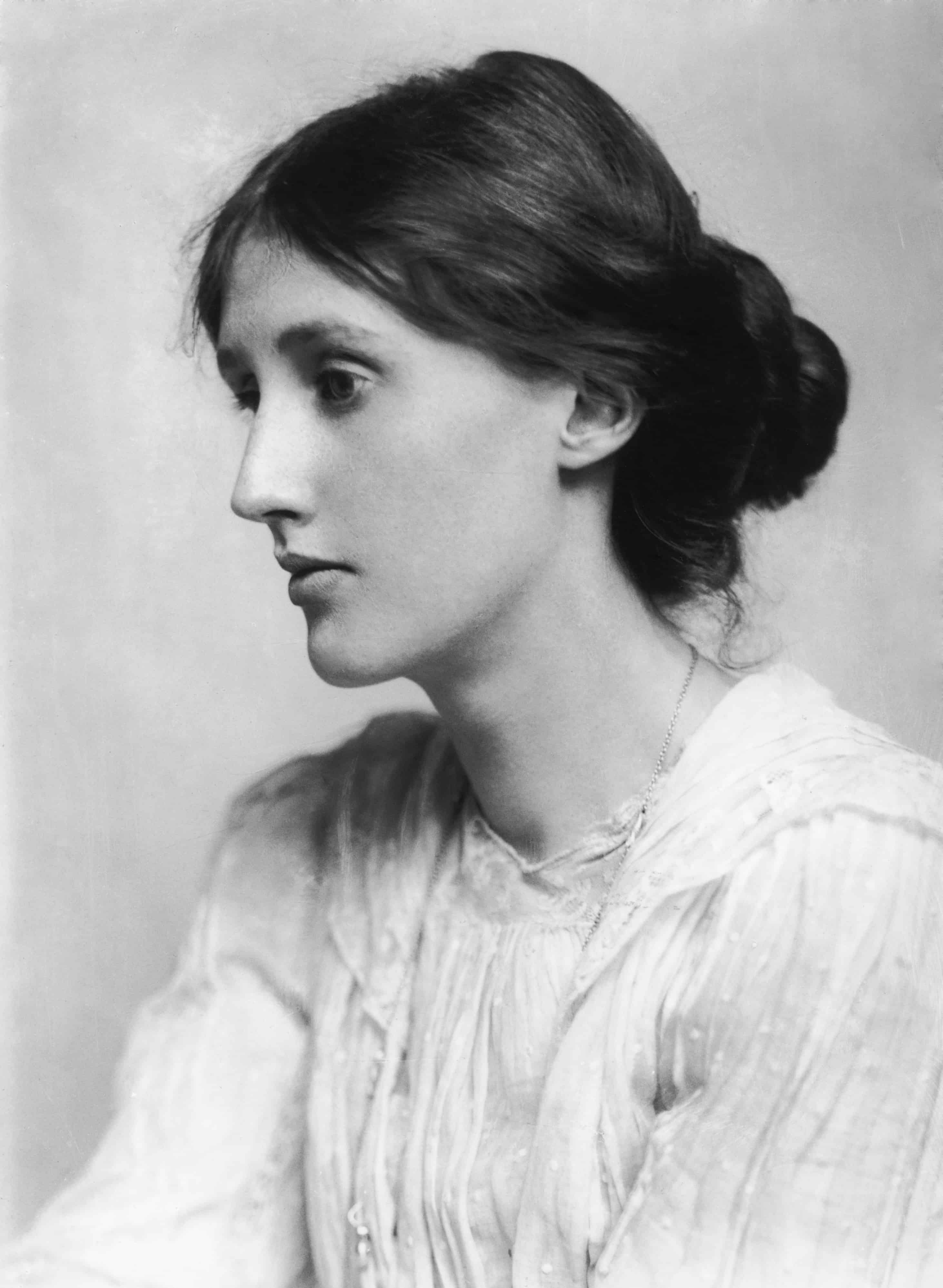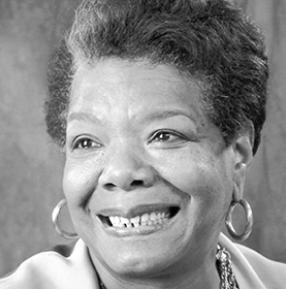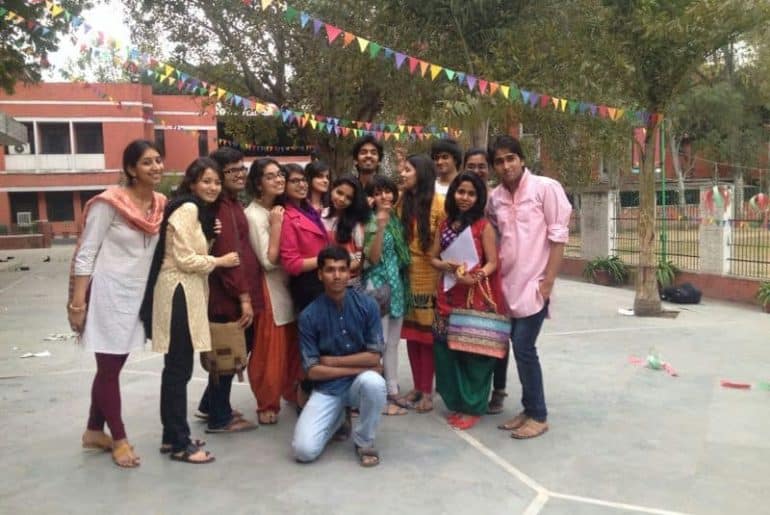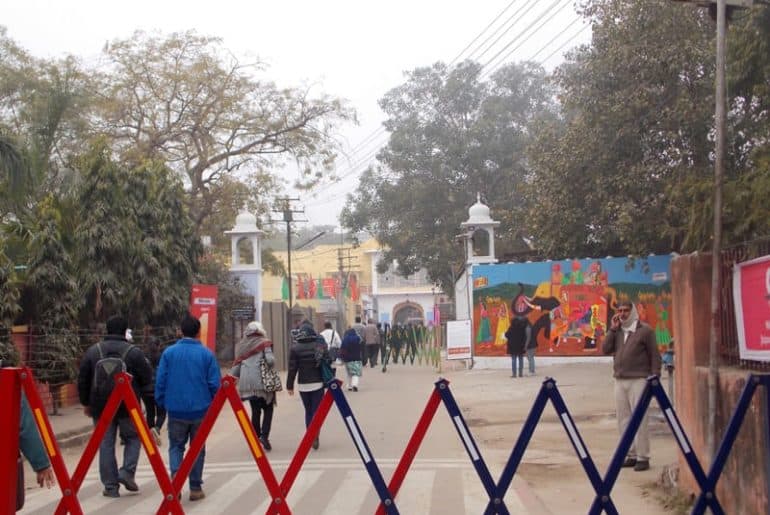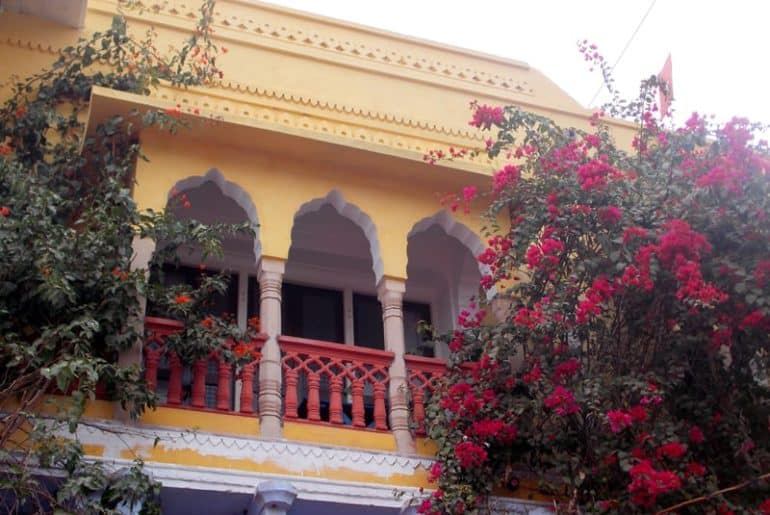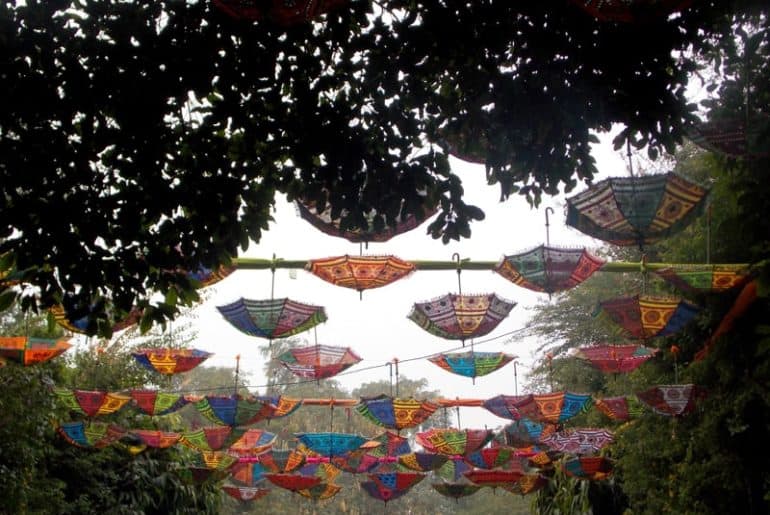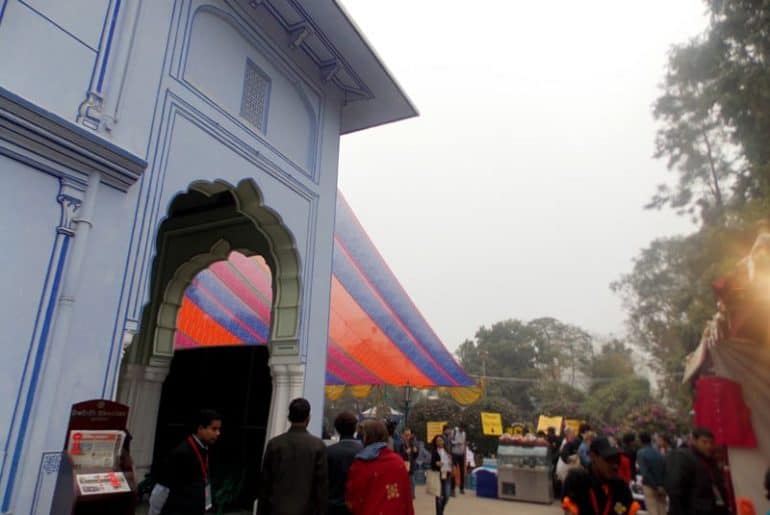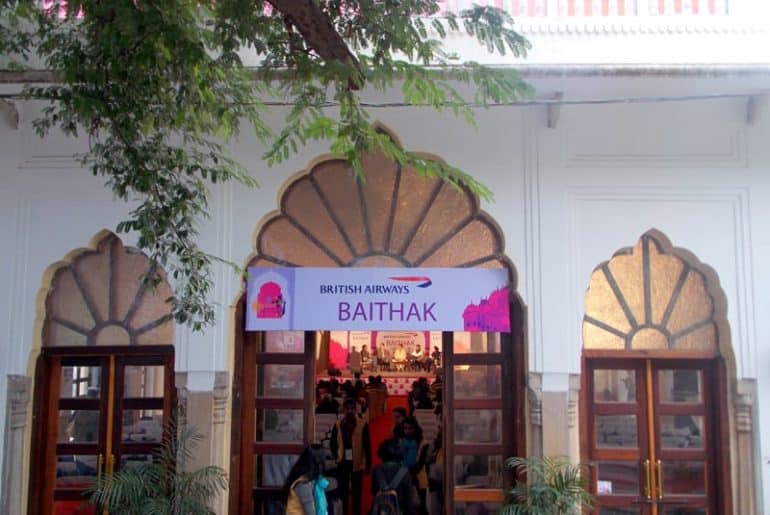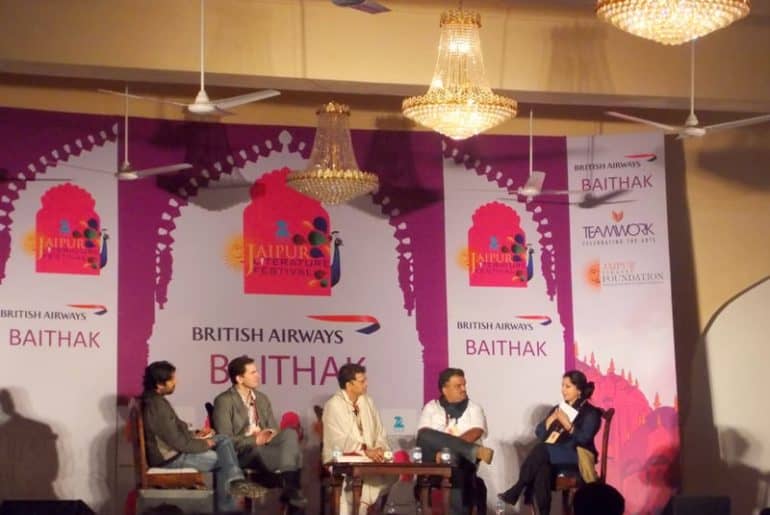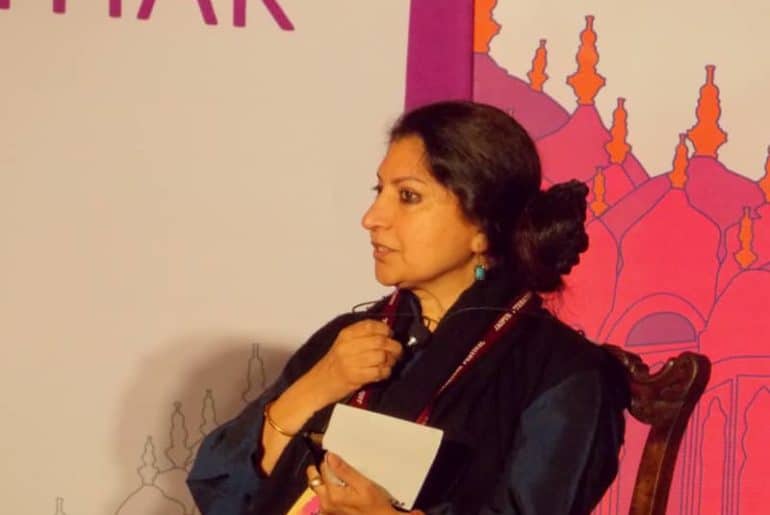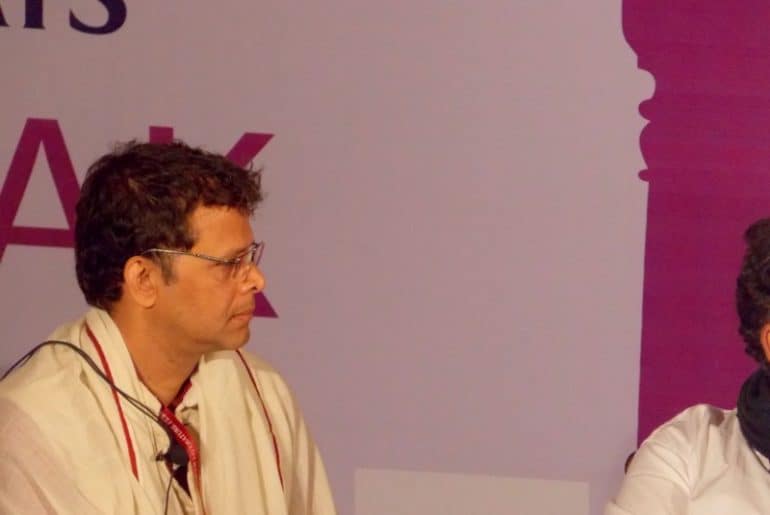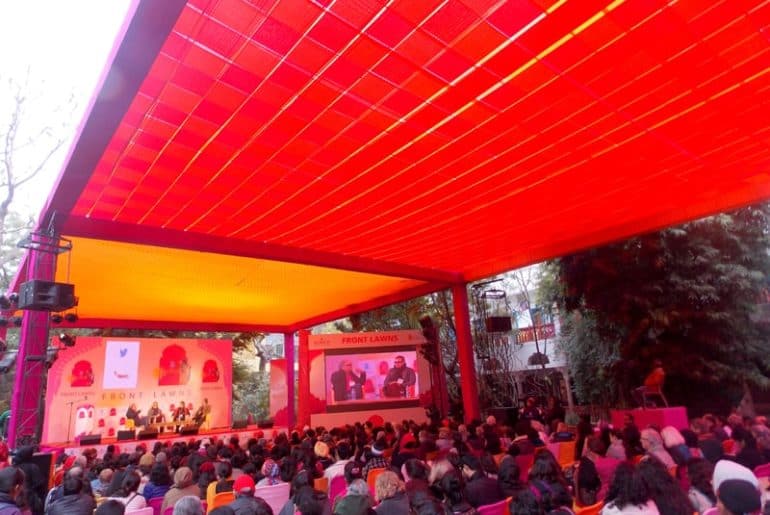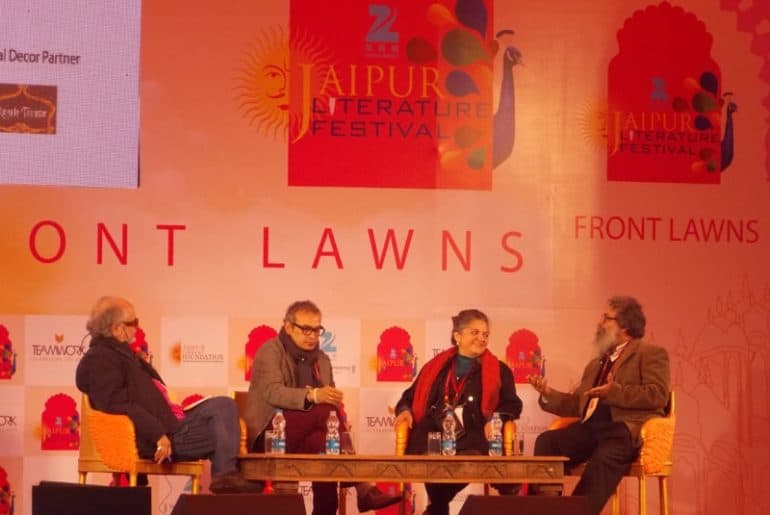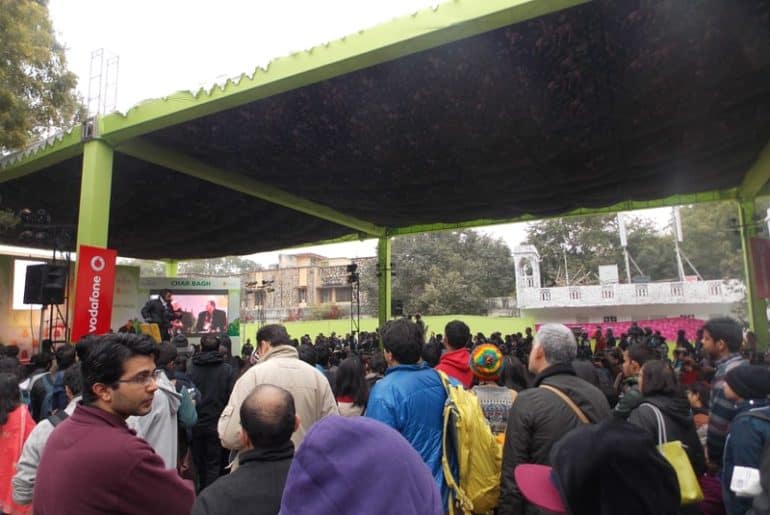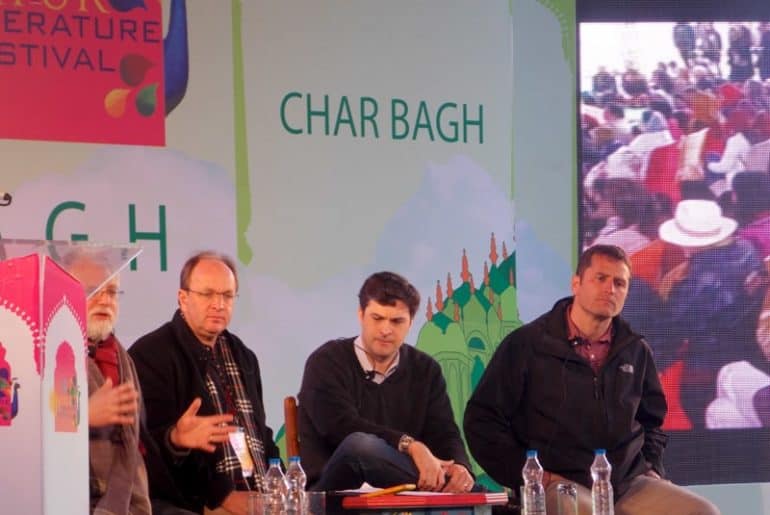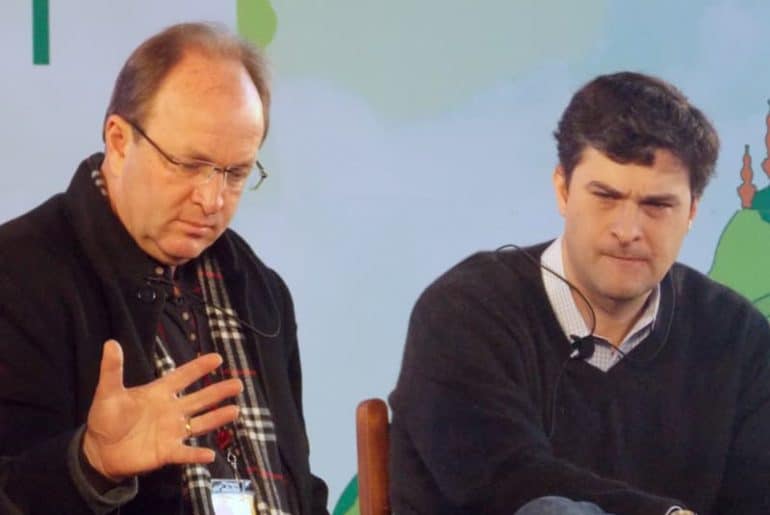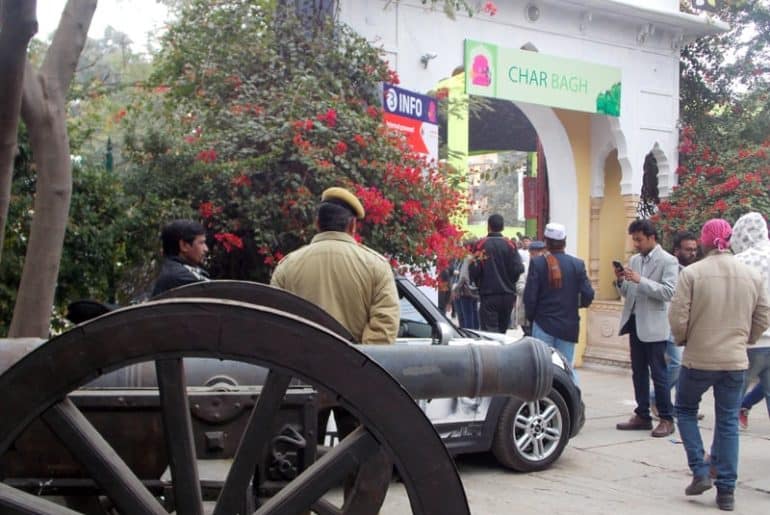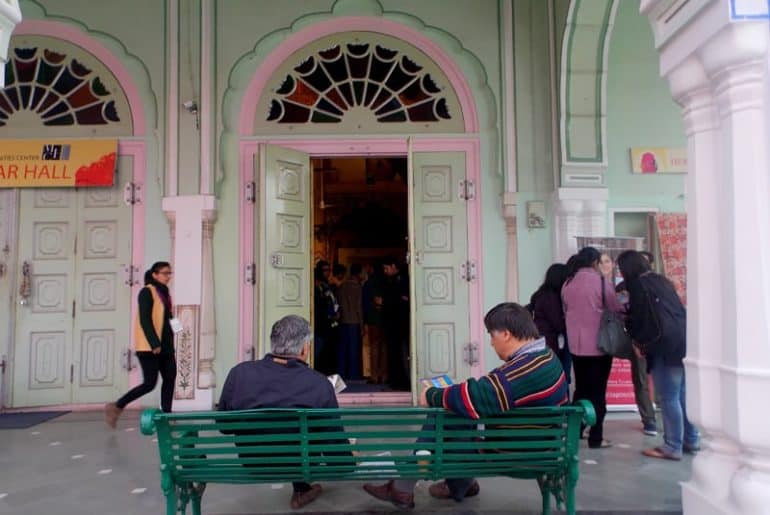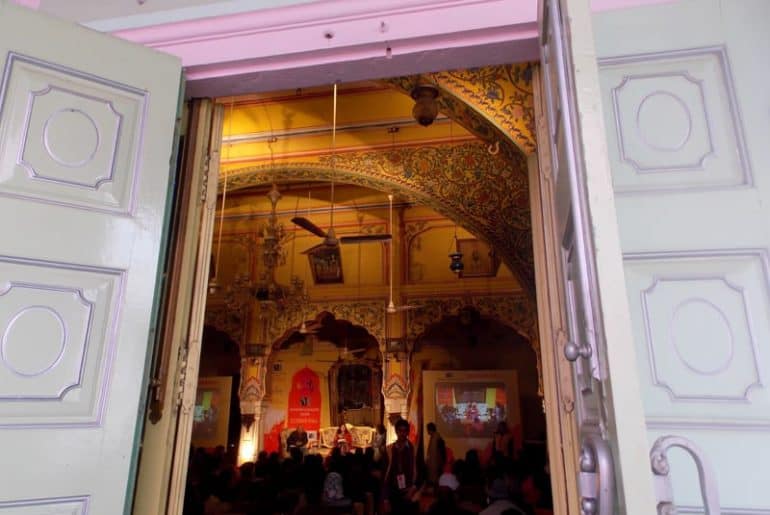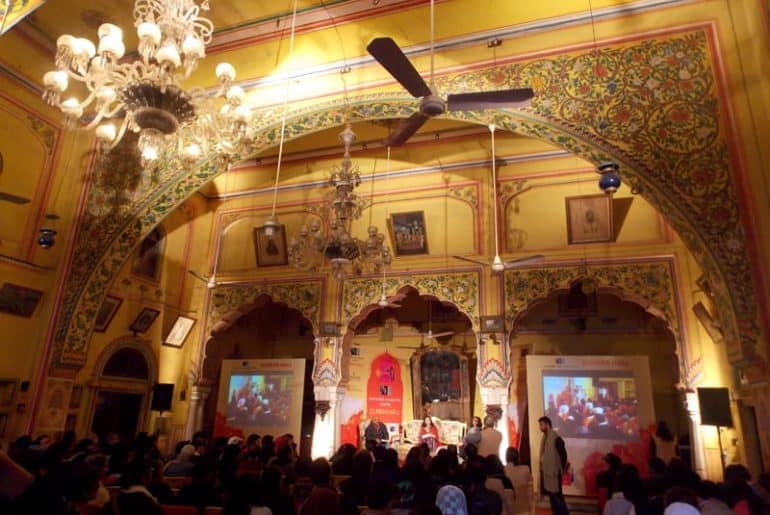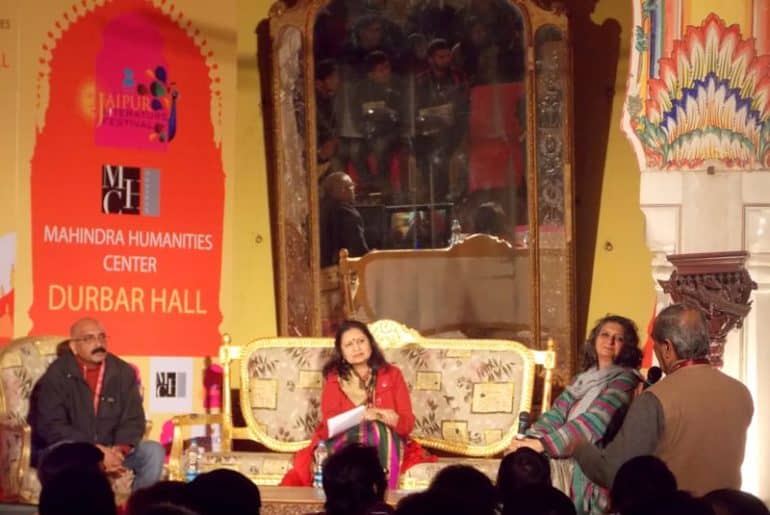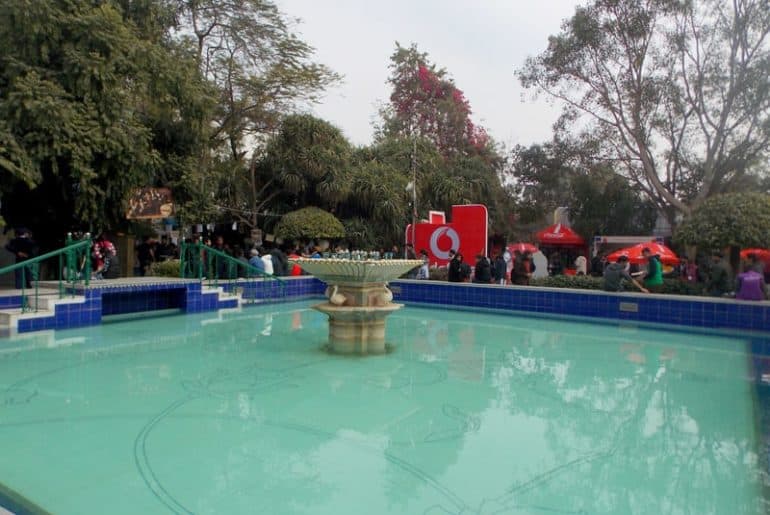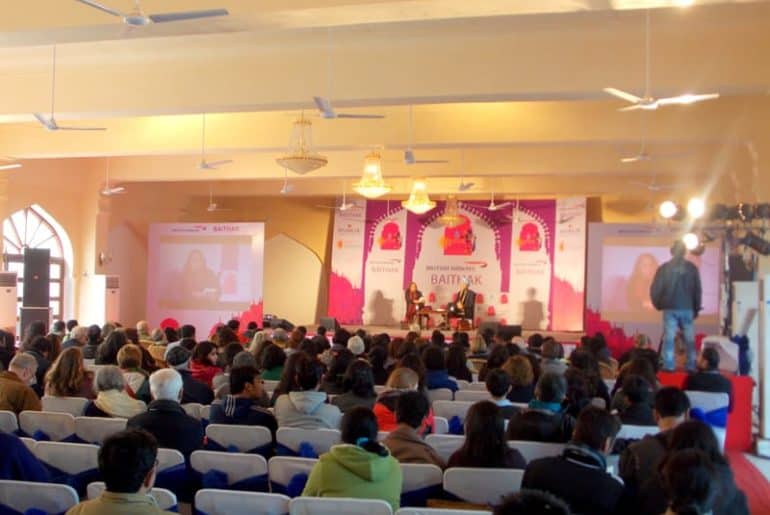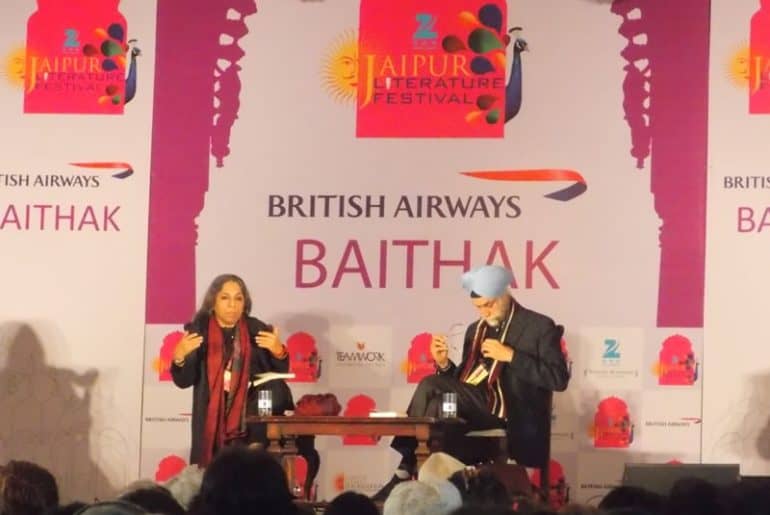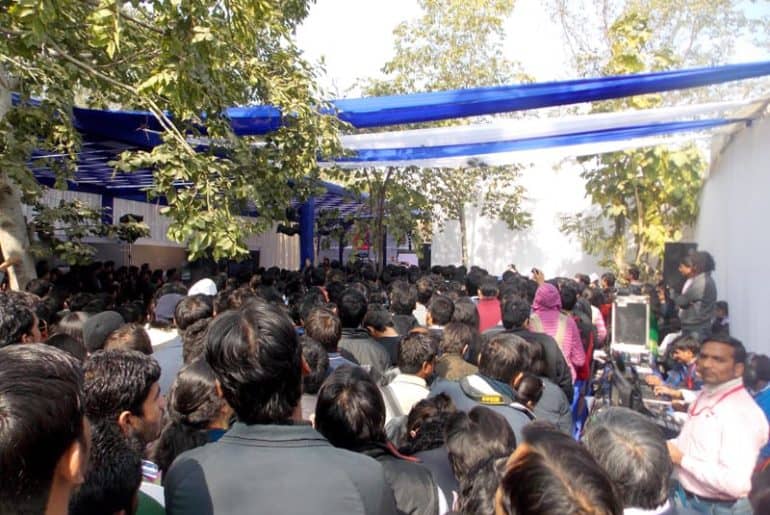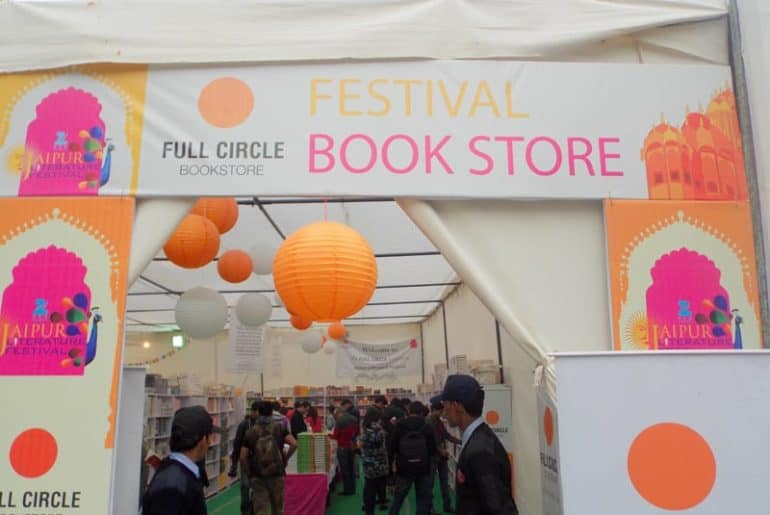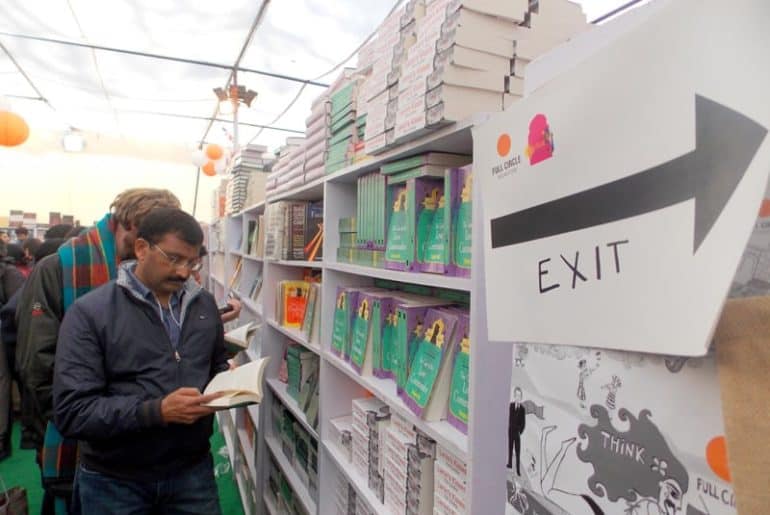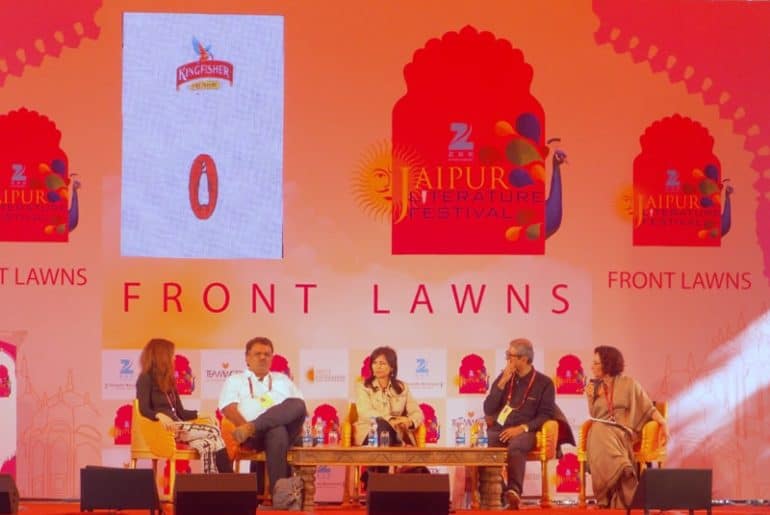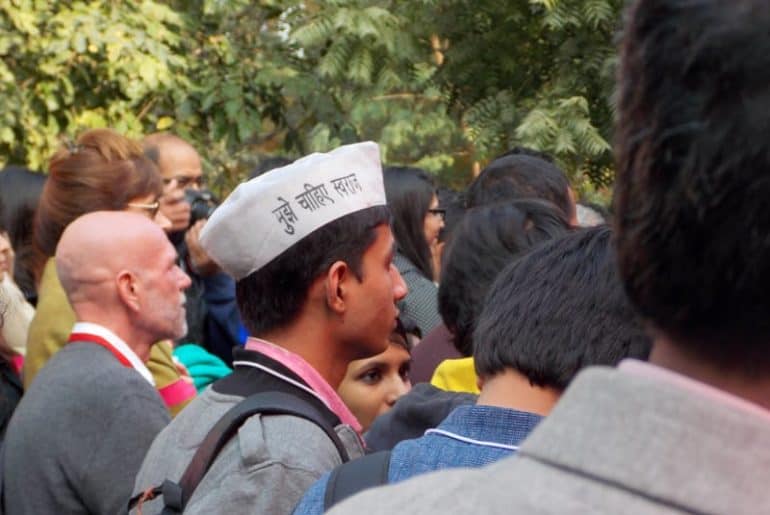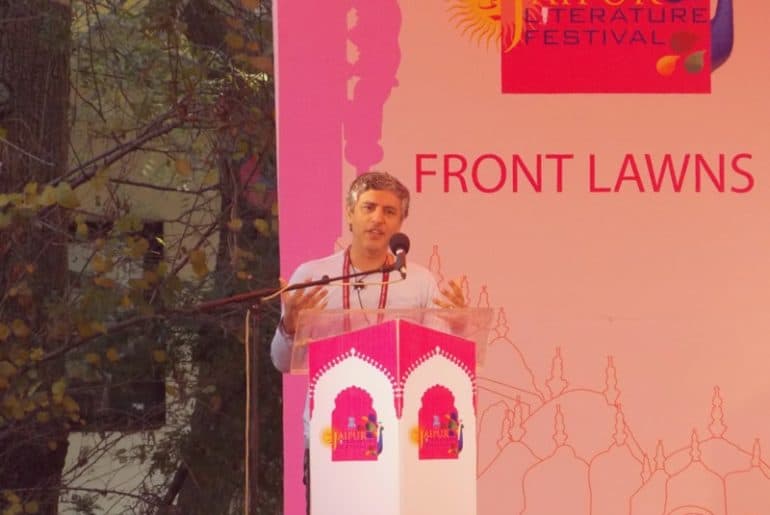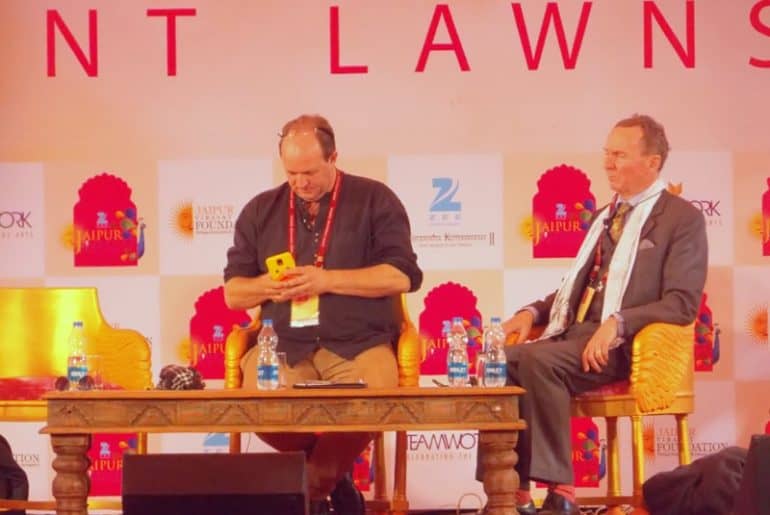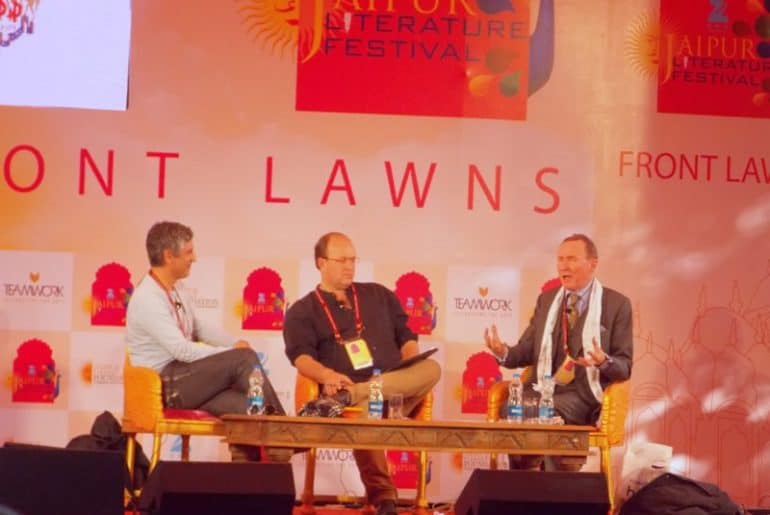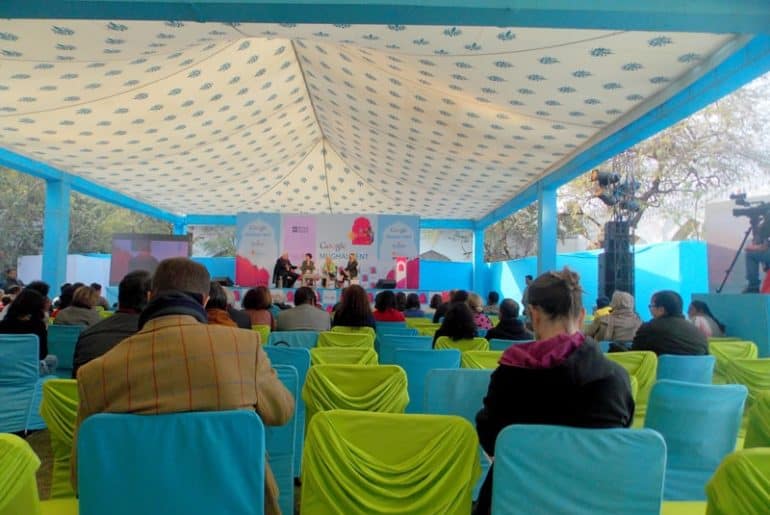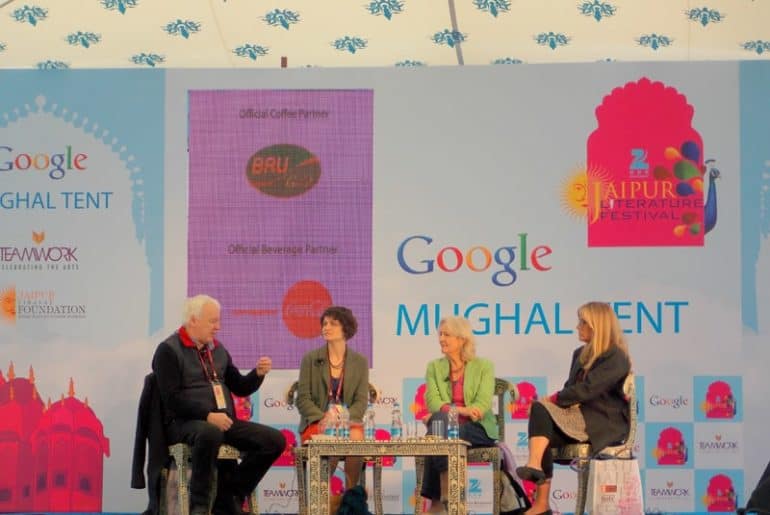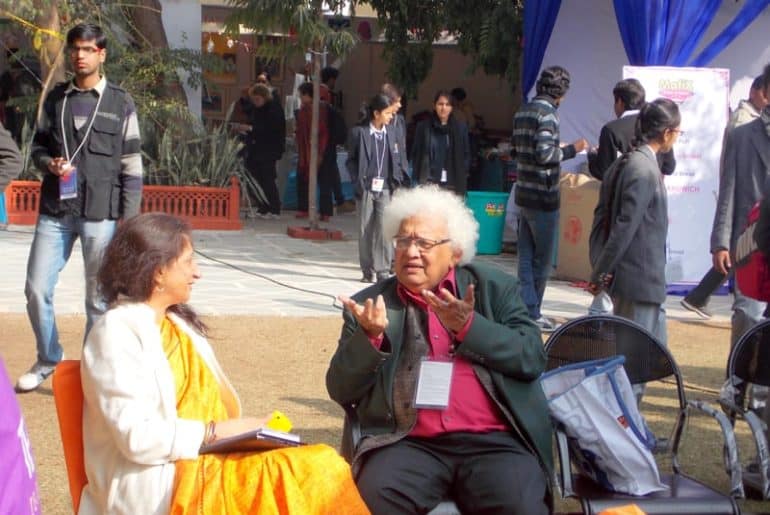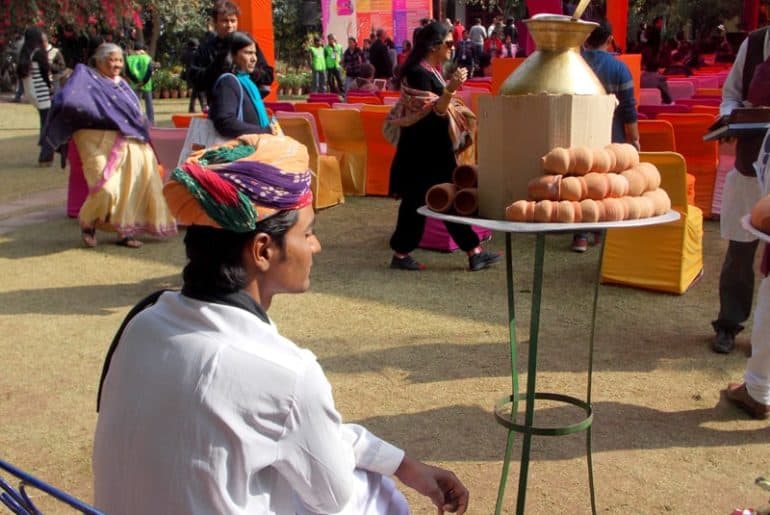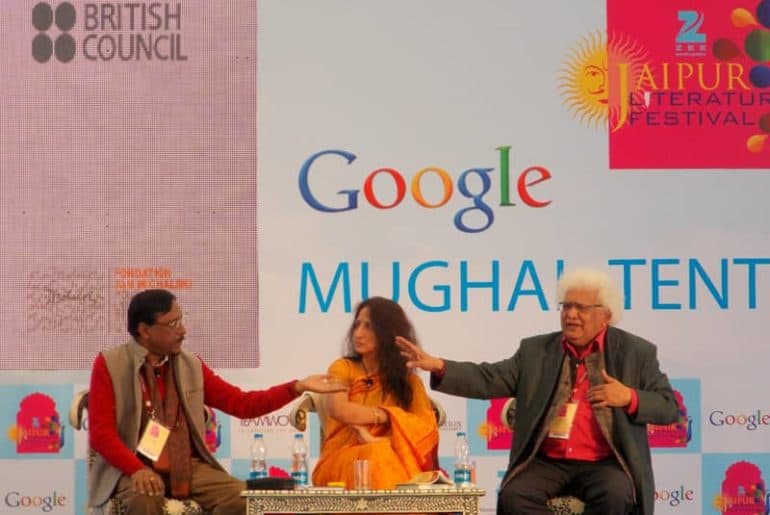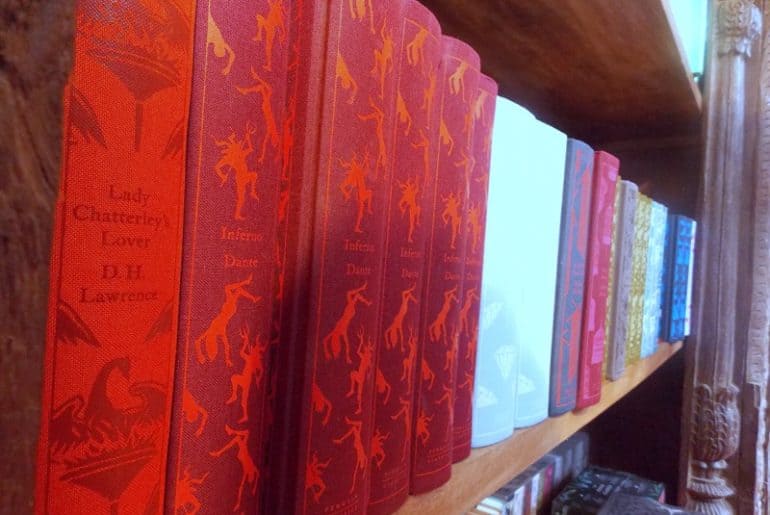Bob Dylan, the singer – songwriter won the Nobel in the Literature “for having created new poetic expressions within the great American song traditions”. With that the earth came to a halt, figuratively of course. The Pandora’s box that opened included two important issues – limitation of the current definition of literature and lack of diversity of Nobel laureates.
The whole community had their views regarding this event, while some people like Philip Pullman, Salman Rushdie and Joyce Carol Oates welcomed the decision, others were flabbergasted at the possibility of a songwriter being placed in the category of literature. Ruskin Bond called it a “great insult to all the writers who have already received the award and also to those who rightly deserve it” Jodi Picoult tweeted “I’m happy for Bob Dylan. #ButDoesThatMeanICanWinAGrammy?”.
Did Bob Dylan really deserve the Nobel Prize for literature? The answer to this question may vary, but can a songwriter bag a prize for literature? I think yes.
What is literature? Literature, as I understand is not just written text but a combination of lyrics and art as well wrapped around in a light thread, the definition of which is still expanding. When discussing the aspects of a century or a particular time frame, the lyrics and the discourse caused by them is also discussed.
It does not have a well bounded definition and it should not. In earlier times, there was no collective definition of literature. During pre literature, literature mainly constituted of oral traditions like folklore, folk songs etc which were an amalgamation of the societies history, their culture. It is an expansive art that continues to grow in all directions as we speak.
Singer-songwriter Bob Dylan’s song lyrics have been a part of the academic syllabus where themes, motifs, structure etc is discussed just like other literature pieces are examined and the lyrics have been a platform for research and academic papers as well.
The other, more recent conversation is questioning the whole Nobel Prize establishment itself. With 867 awards distributed since 1901, just 46 have been awarded to women. The demographics show that western countries have received a disproportionately high number of awards igniting a conversation about the lack of diversity and the reinforcement of hierarchy especially when the rumoured list of nominees for literature included Ngugi wa thiono’o from Kenya and Ali Ahmad Said Esber (Adonis) from Syria which have received one and zero Nobel Prize for Literature respectively.
The Nobel Prize this year has not been without controversy but it has opened up important discussions about the boundaries of a category, whether there is a need to have more categories, questioning of the procedure and decision making that goes on when deciding the nominee for the Nobel and why there is a large disparity in the awards.
Adarsh Yadav

